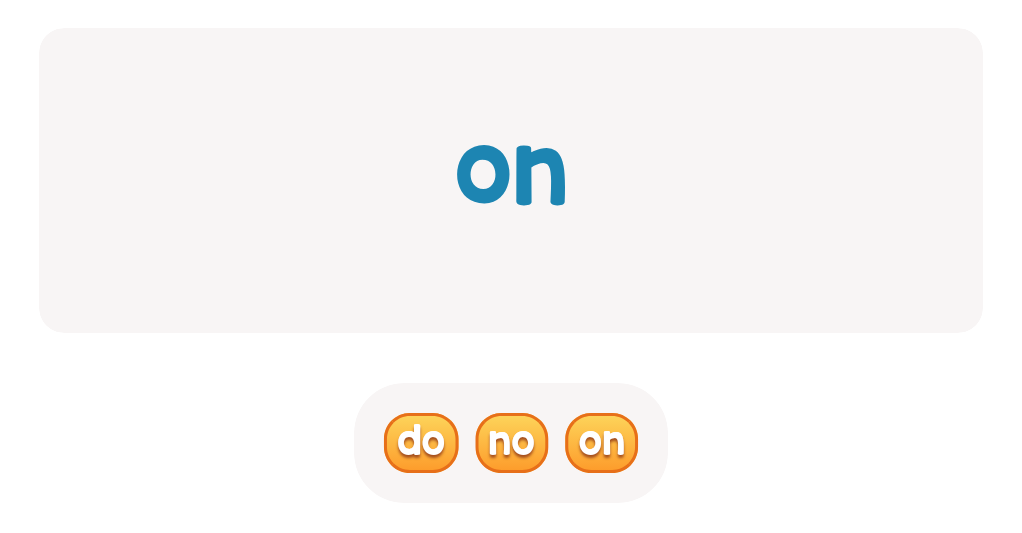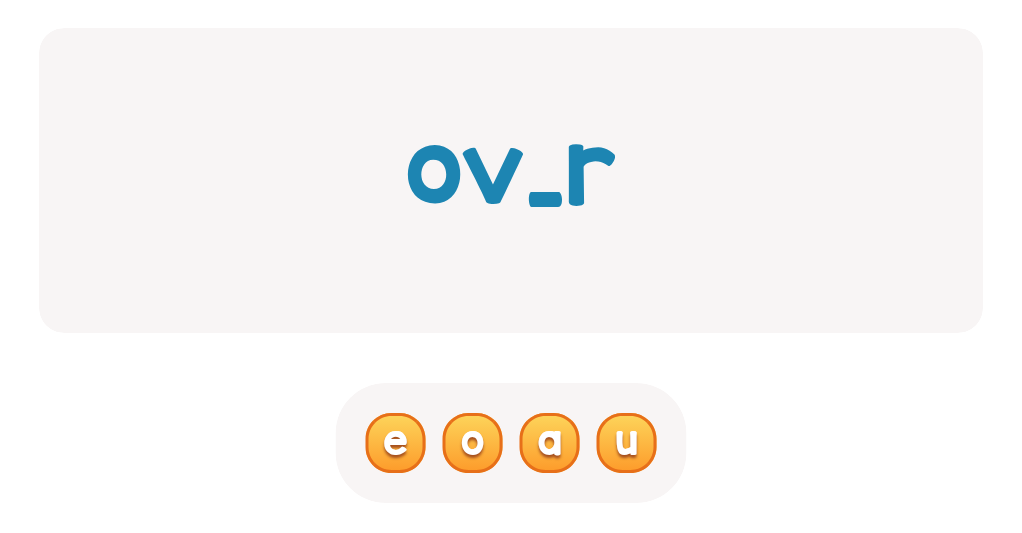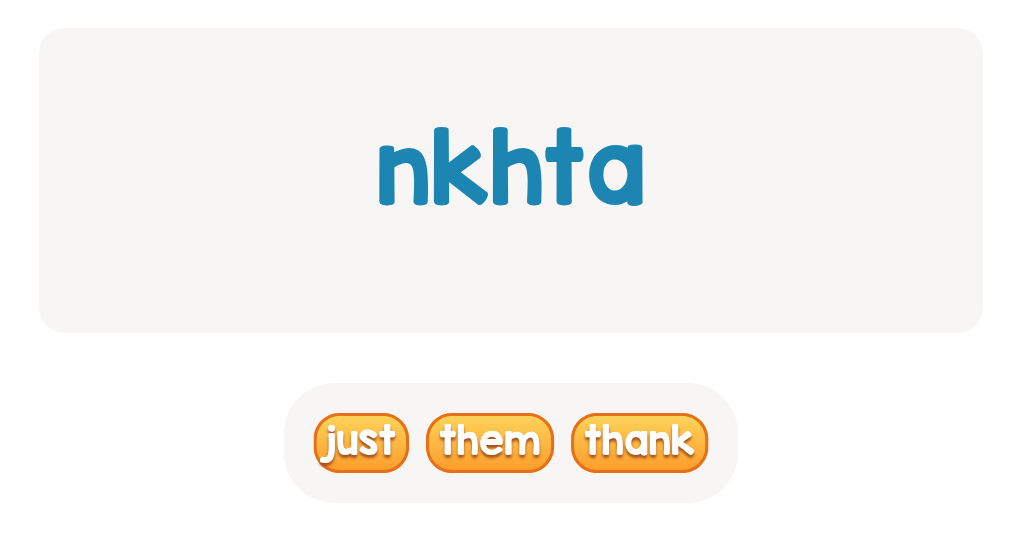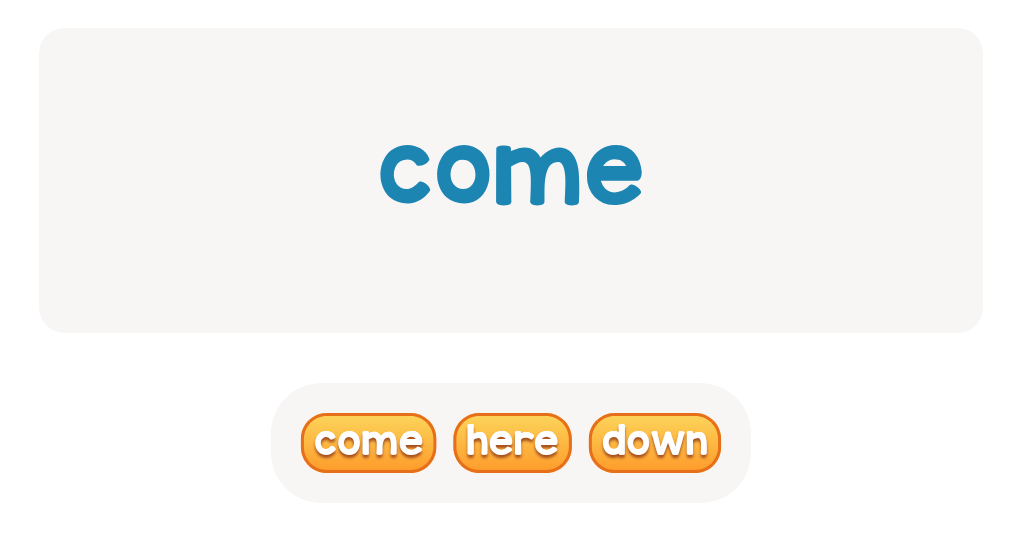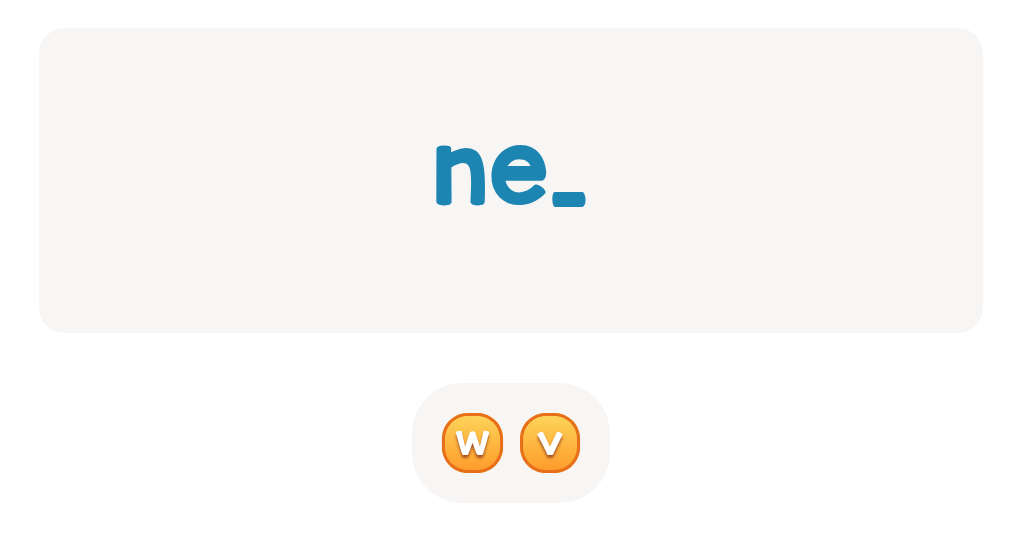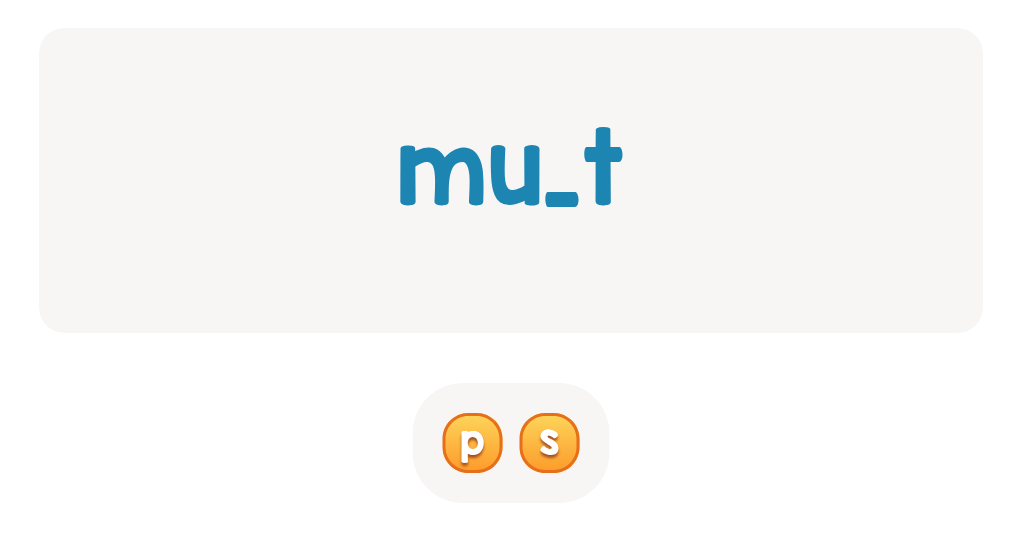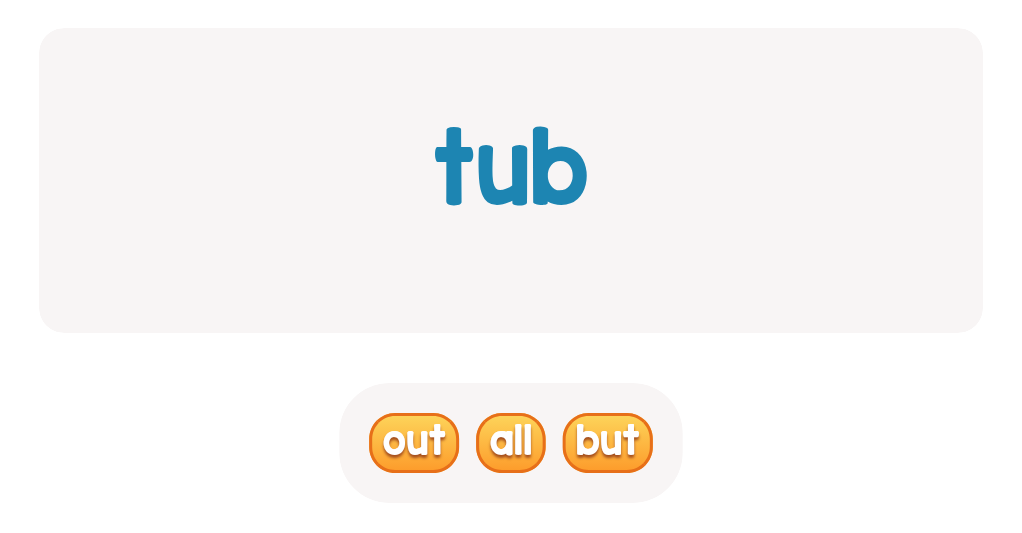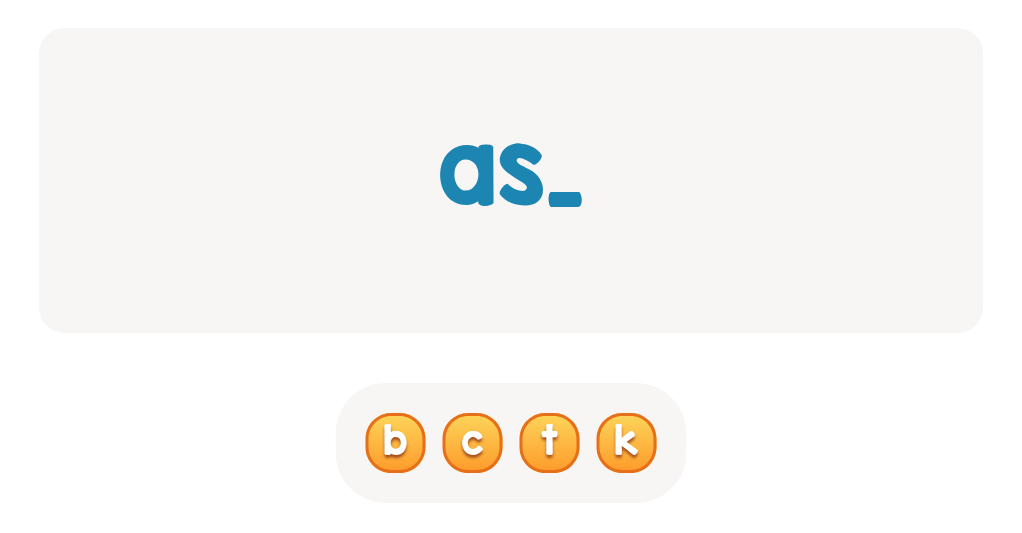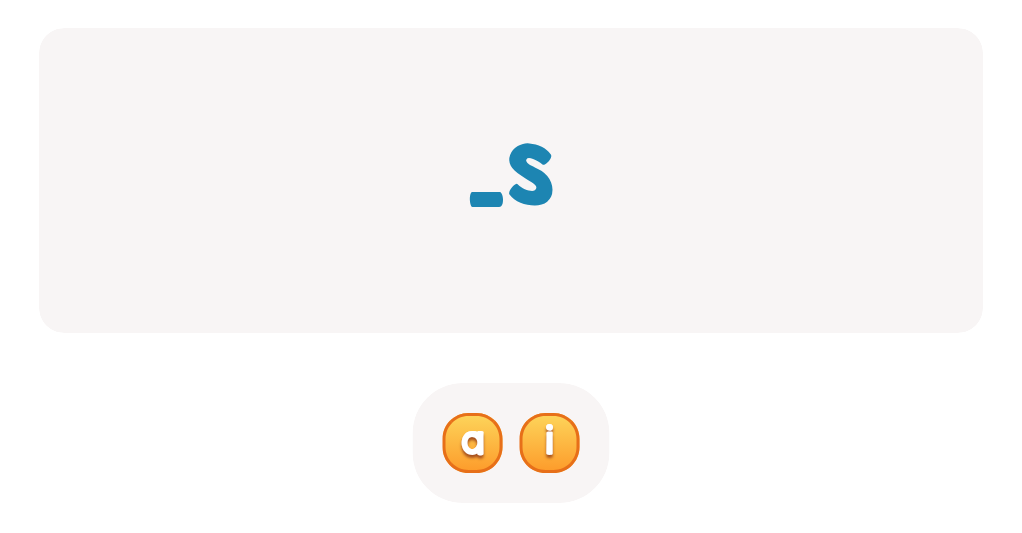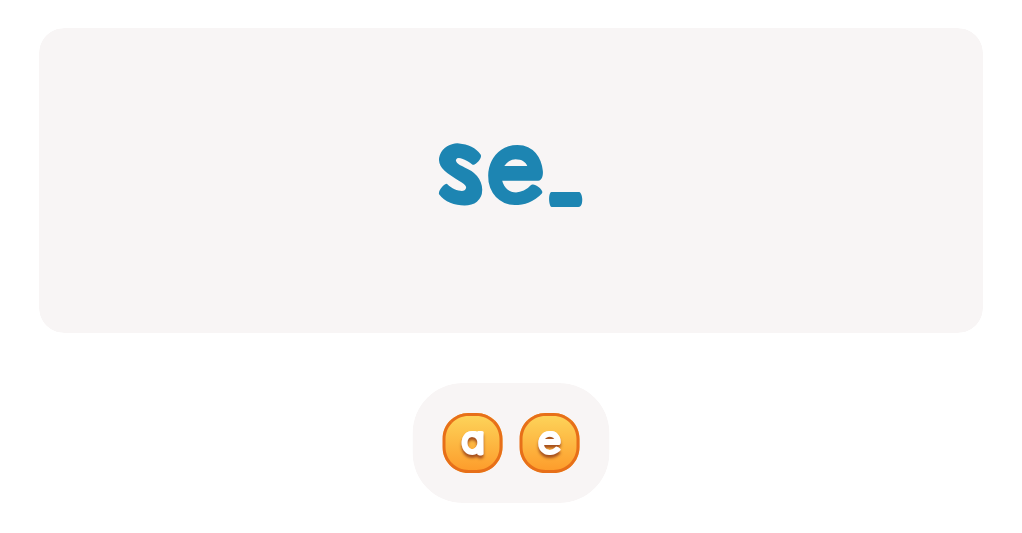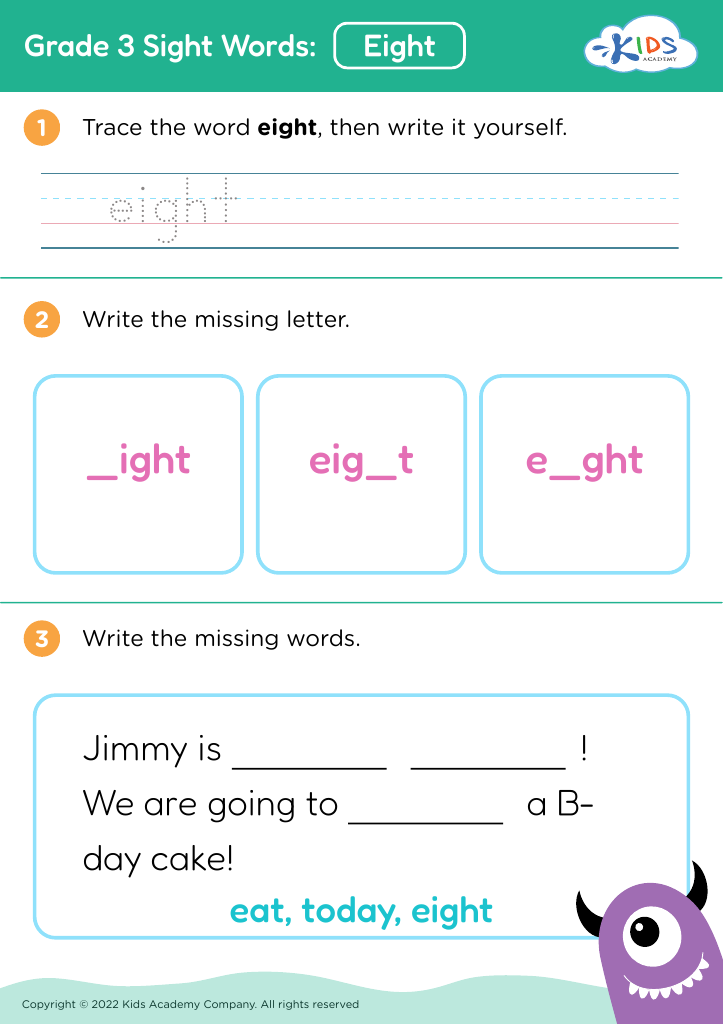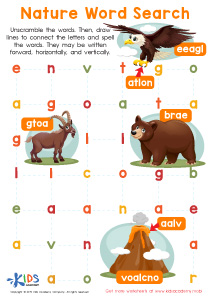Recognizing shapes Sight Words Worksheets for Ages 8-9
5 filtered results
-
From - To
Unlock your child's reading potential with our "Recognizing Shapes Sight Words Worksheets" designed for ages 8-9! These engaging worksheets blend shape recognition and sight word practice, promoting vocabulary growth while enhancing visual skills. Children will enjoy fun, interactive exercises that involve tracing, matching, and identifying shapes associated with common sight words. Our curriculum-friendly materials cater to diverse learning styles, ensuring every child can thrive. Perfect for both classroom and home use, these worksheets aid in building confidence and fluency in reading. Dive into a world of learning that captivates young minds and fosters a love for words and shapes alike!
Recognizing shapes and sight words is crucial for children aged 8-9, bridging foundational skills in literacy and mathematics. At this developmental stage, children are building the cognitive tools necessary for more complex problem-solving and reading comprehension. Understanding shapes enhances spatial awareness, which is essential in math, art, and real-world applications, from architecture to navigation. When children can identify various shapes, they can develop the ability to categorize and analyze objects, fostering critical thinking skills.
Sight words, which are frequently used words that students should recognize instantly in reading, play a vital role in developing fluency and comprehension. Familiarity with sight words allows young readers to focus on understanding narrative and textual meaning, rather than struggling with decoding. Furthermore, fluency in sight words contributes to a positive reading experience, encouraging a love for literature and engagement with more challenging texts as they advance.
Parents and teachers should care about these skills because they lay the groundwork for academic success. By reinforcing shape recognition and sight word recognition, they help students unlock a deeper understanding of their environment and improve their literacy, ultimately setting them on a path toward lifelong learning and success. Engaging kids in these areas early on cultivates both confidence and creativity.

